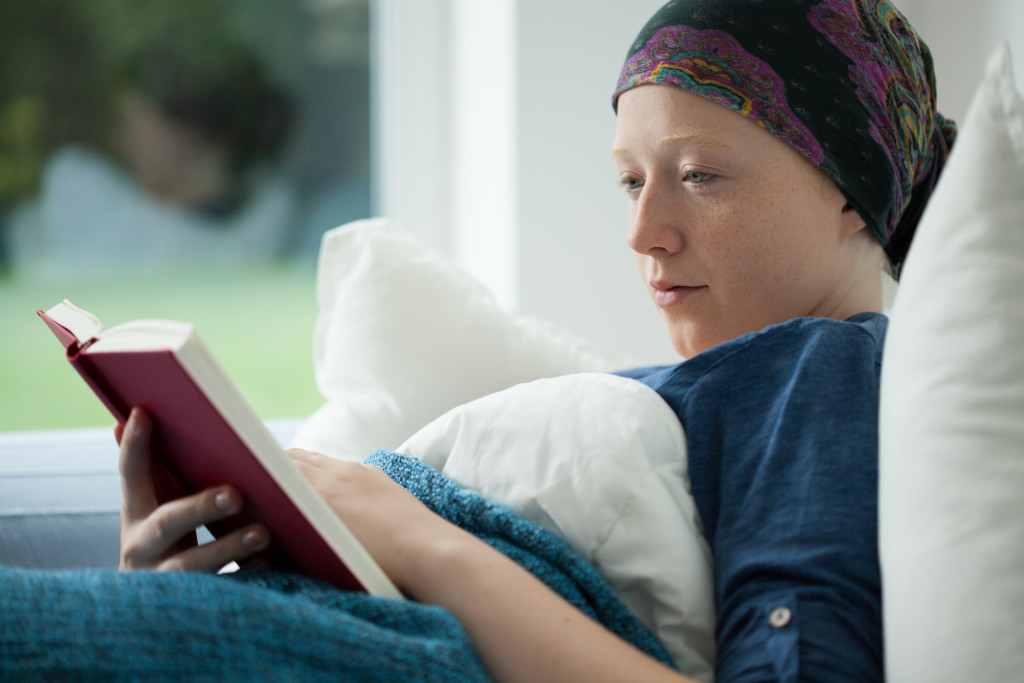Cancer can turn a healthy person into a deteriorating individual in just a short time. This will require them to immediately seek help from medical professionals to avoid the spreading of cancer to other parts of the body and creating severe damage that can be irreparable or even deadly. Chemotherapy is a treatment used to help cancer patients, but it can be a long and difficult process that hinders daily life.
While some people are battling this disease in a specialized hospital or a cancer treatment center, they may feel like they need a break from the stresses of having the disease and will want to go on a vacation to unwind, even just for a few days. But cancer patients and other friends and family supporting them in their journey can be unsure whether they should for their mental well-being or shouldn’t for the treatment process. To help you with your questions, here are some answers that can help you with the decisions for planning a vacation with a cancer patient.
When is the right time to go on vacation?
Like with all the answers that will follow, everything will depend significantly on your present condition and the stage you are in your treatment. The best time is probably when the treatment is over or almost over. This will allow you to celebrate your recovery, as well as the strength and patience that you’ve shown throughout your healing process.
While the other times in the span of your treatment may not be the optimal choice, do ask your doctor what they think can benefit you the most. Sometimes, an immediate and spontaneous vacation can be good to keep you off from the negative feelings and emotions that can come from chemotherapy.
What kind of vacation should you go on?
The vacation you take can affect your treatment process. Some will want to go on a relaxing vacation while others will continue to seek out their old hobbies like extreme sports or risky trips in foreign countries. Of course, you may benefit from just sitting or relaxing in a peaceful place like the beach or the mountains. Still, a physical activity like walking or sitting in the car for a long time can put you in a difficult and tiring situation.
But again, it depends on you. If you are still physically able and strong enough to engage in these activities, go and live your life. You should still ask for the recommendation of your doctor.
Where can you go?

Of course, it can be more beneficial to stay close to your home or the medical facility you are getting treatment from. You can try exploring your city, find new places that can provide comfort for your body and mind. But if you want to go somewhere farther, consult with your doctor to see how far you can go.
What items should you bring?
Specific conditions may require you to bring certain things with you on your trip. For one, you should bring with you all the medication you will need. Pack enough for the length of your vacation, along with a few additional pieces in case of emergency.
Some medication can be problematic when you bring them to airports, so you should also ask your doctor to provide documentation that let you keep them with you at all times. Other items you need to bring should keep you comfortable during the entire trip, like pillows for sensitive body areas and sunscreen for when exposed to the sun.
Should you go alone or bring someone with you?
Some people will want to go alone on their vacation to take time off from everything temporarily. This can be good for your mental condition but can be detrimental to your physical ailment if you suddenly need help from a trusted companion. As much as possible, have someone with you who knows your needs enough and can assist you when you are having difficulties because of cancer. Just try to enjoy your vacation with them and celebrate your short escape from the realities of life.
With this, you should make the best decisions for your vacation. But because of the pandemic, many will question if it is safe to get around while battling cancer. Cancer and many health conditions can indeed increase the risk of contracting the virus as your immune system may be compromised. But the vaccine should keep you protected from severe viral infection. If you haven’t been vaccinated yet, consult with your doctor to make sure that your body can handle the side effects of the vaccine.

